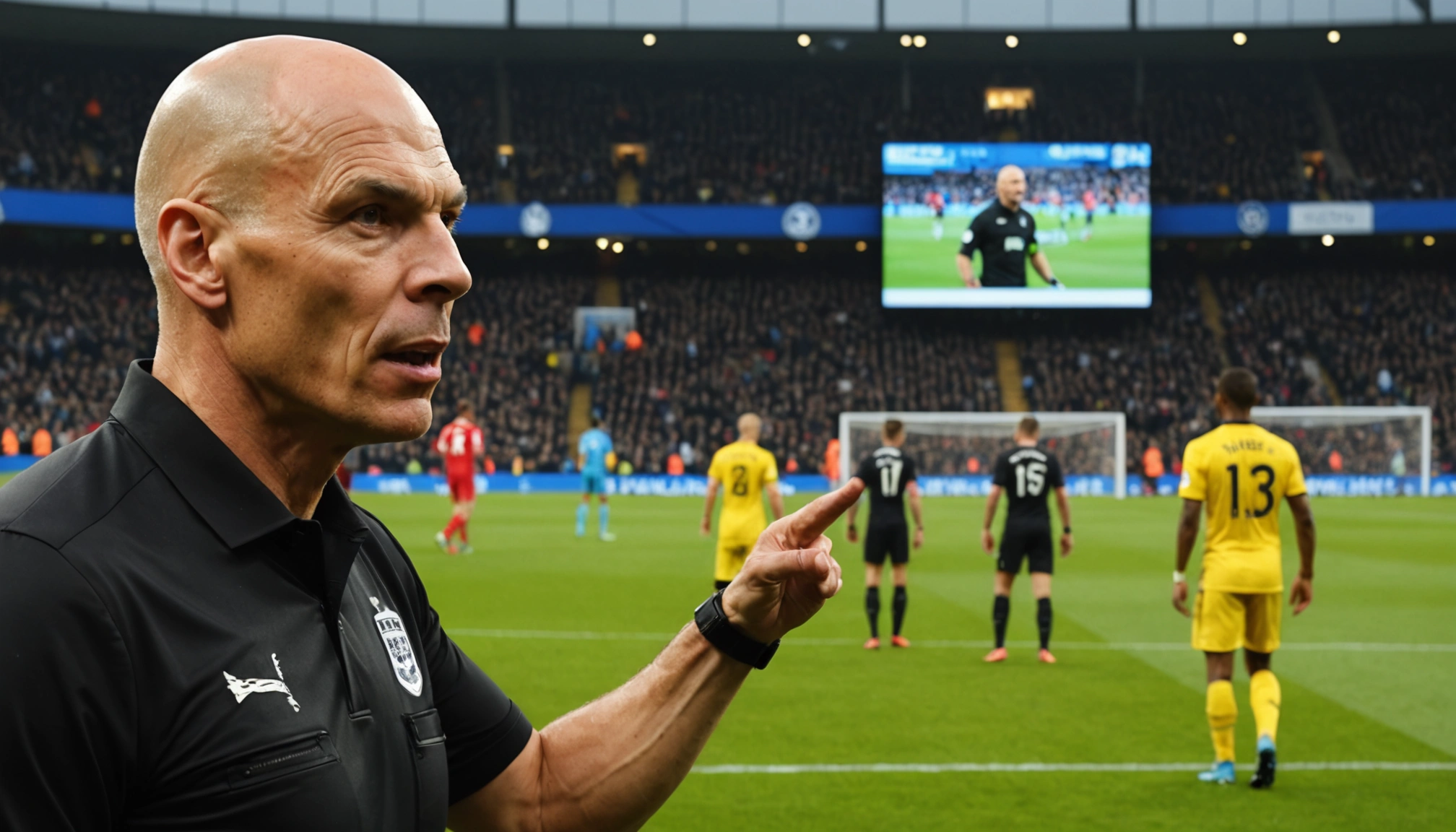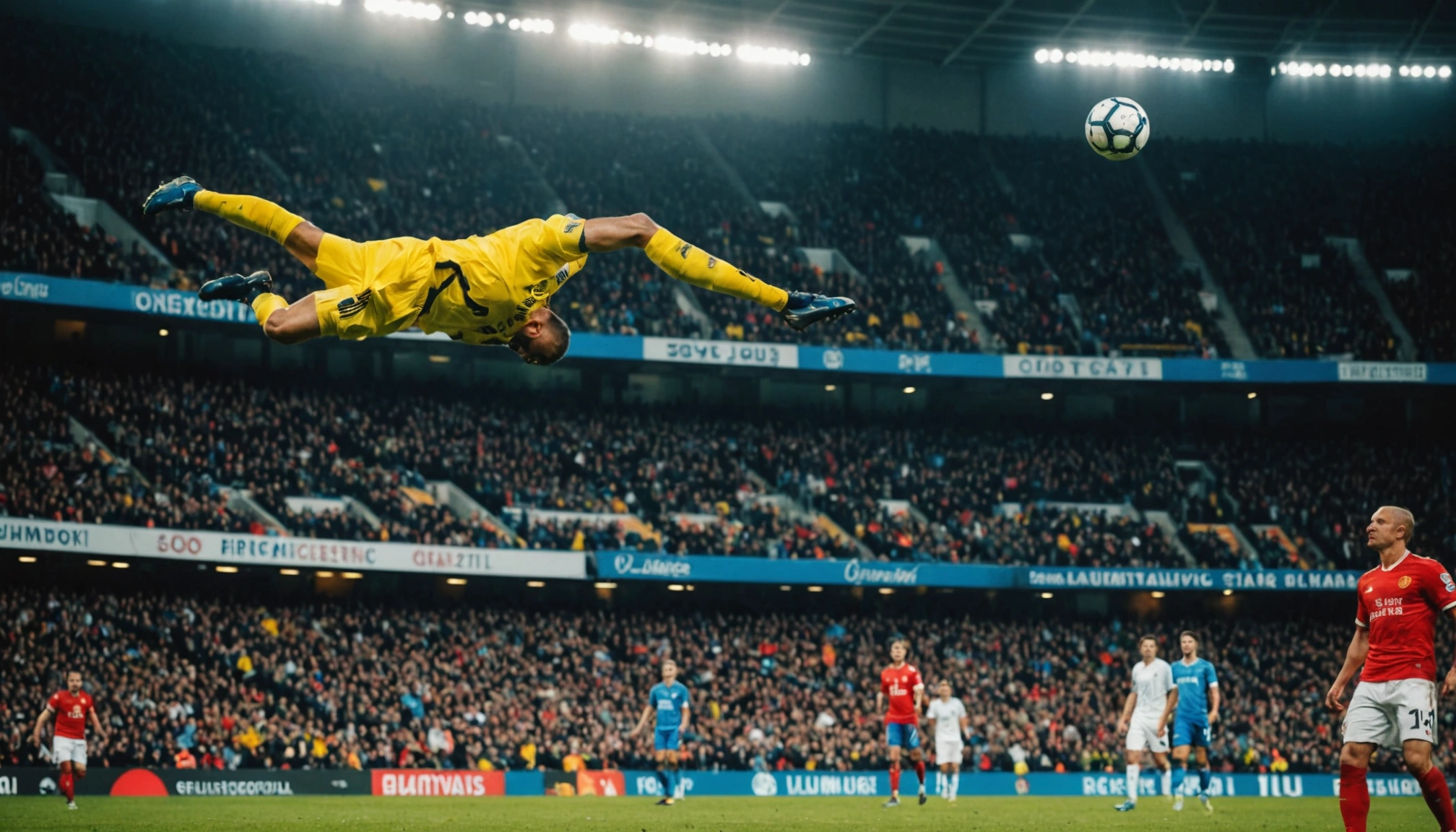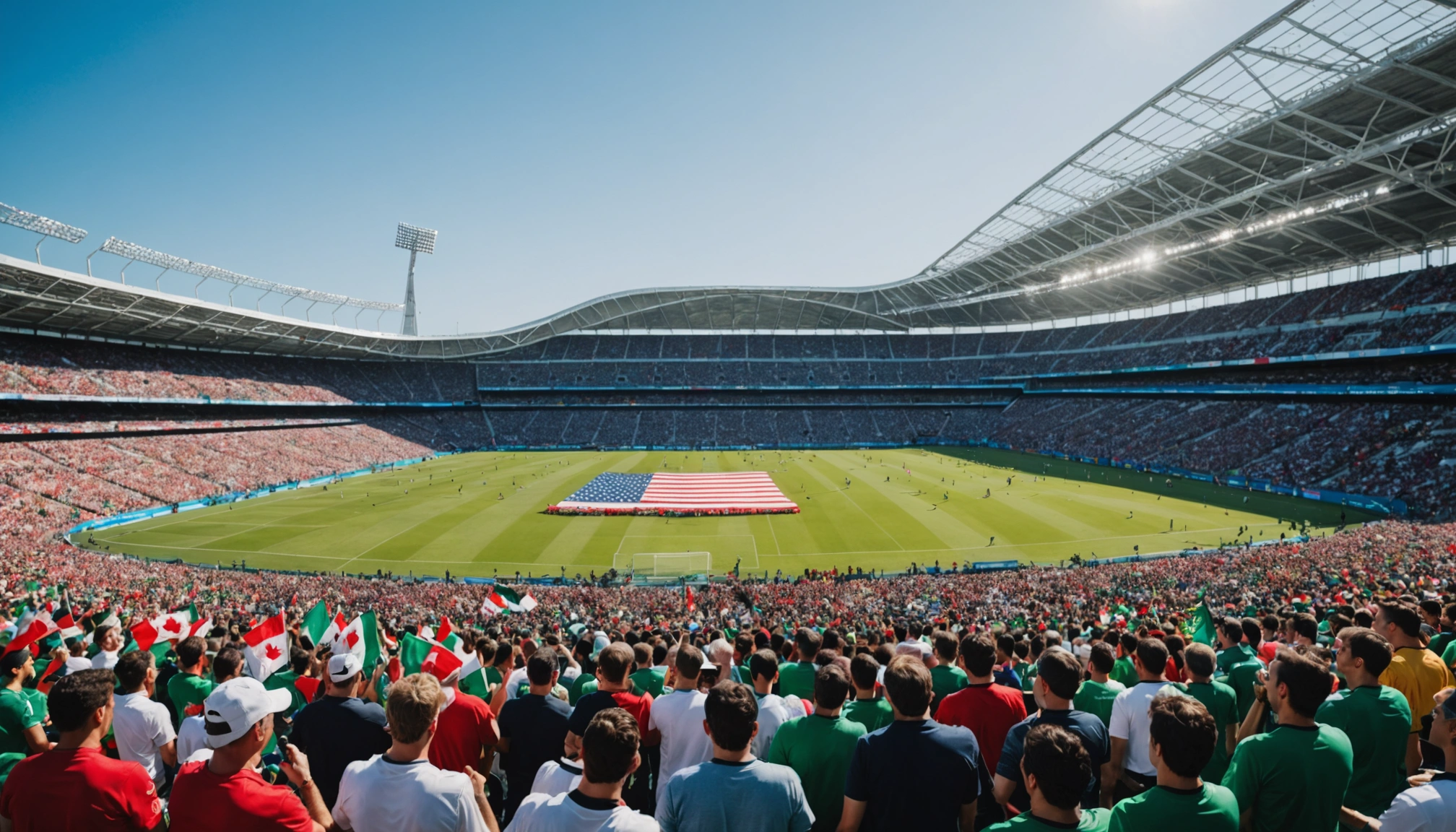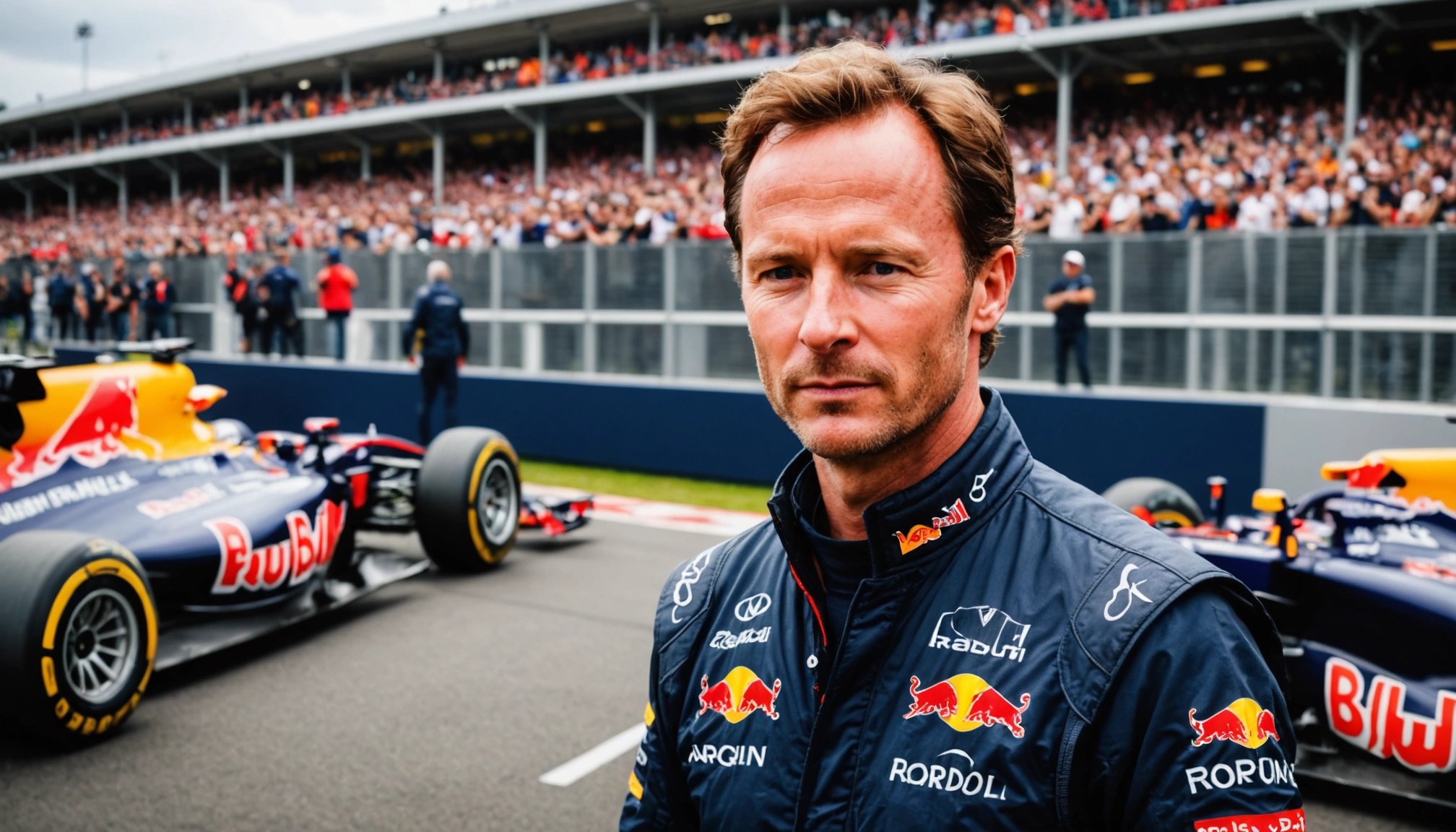Howard Webb Defends VAR Decision Overturning Arsenal Penalty
Howard Webb explains why VAR correctly overturned Arsenal's penalty against Newcastle, highlighting key differences from other controversial decisions.

By Editorial
Introduction to the Arsenal Newcastle penalty controversy
The Premier League match between Newcastle United and Arsenal at St James' Park on 30 September 2025 sparked intense debate after a penalty initially awarded to Arsenal was overturned following a VAR review. Howard Webb, chief of the Professional Game Match Officials Limited (PGMOL), has since provided an in-depth explanation of the decision, clarifying why VAR intervention was justified. This article explores Webb's verdict, compares it with similar incidents, and sheds light on the intricacies of VAR in Premier League officiating.
Understanding the incident: Nick Pope's challenge on Viktor Gyokeres
During the first half, Newcastle goalkeeper Nick Pope rushed out to challenge Arsenal's forward Viktor Gyokeres inside the penalty area. On first glance, Pope appeared to trip Gyokeres, prompting referee Jarred Gillett to award a penalty to Arsenal. However, VAR official Darren England recommended an on-field review after examining multiple angles, including super slow motion footage.
The key factor was whether Pope touched the ball before making contact with Gyokeres. VAR analysis showed that Pope's right foot clearly made contact with the ball first, causing it to deviate, before any contact with the player occurred. This subtle but crucial detail was missed in real time by the referee and his assistants.
Why the penalty was overturned
Howard Webb emphasised that while the incident looked like a penalty at full speed, VAR's slow-motion scrutiny revealed Pope played the ball cleanly. After touching the ball, Pope planted his foot normally, and any subsequent contact with Gyokeres was incidental and not reckless. The ball's deviation following Pope’s touch reinforced that it was a legitimate challenge rather than a foul.
Webb explained that the VAR deemed the original decision a 'clear and obvious error' because the referee had not seen the ball touch. This justified the on-field review, allowing the referee to make an informed final decision to overturn the penalty and restart play with a drop ball.
Comparing with Robert Sanchez’s red card against Manchester United
The Newcastle-Arsenal incident often drew comparisons with Robert Sanchez’s challenge on Bryan Mbeumo during Chelsea’s match against Manchester United earlier that month. However, Webb highlighted significant differences between the two situations.
In Sanchez’s case, although there was slight contact with the ball, his challenge was reckless, with a raised leg and studs exposed, endangering the opponent’s safety. This led to a red card for denying an obvious goalscoring opportunity, a far more serious offence than Pope’s clean ball contact. Furthermore, Sanchez’s touch did not cause the ball to deviate, unlike Pope’s clear deflection.
Why these distinctions matter in officiating
Understanding these nuances is essential for appreciating VAR’s role in modern football. Webb’s explanation demonstrates how VAR supports referees by providing evidence that is not apparent in real time, ensuring fair outcomes. It also highlights how similar incidents can yield different decisions based on precise actions and their consequences.
Reactions from Arsenal players and the broader football community
Following the overturned penalty, Arsenal’s Bukayo Saka and manager Mikel Arteta expressed frustration, questioning the 'clear and obvious' standard used to justify the reversal. Their reaction is typical of players and fans trying to reconcile emotional responses with technical VAR rulings.
Such controversies fuel ongoing debates about VAR’s consistency and transparency. However, Webb’s detailed public explanations, including this one, contribute to greater understanding and trust in the system.
The importance of VAR transparency and education
PGMOL’s initiative to release audio and detailed commentary from match officials, such as in the Match Officials Mic'd Up series, fosters openness. Fans gain insight into the decision-making process, seeing the evidence that influences referees.
Education around VAR protocols, including when and how reviews occur, is vital for reducing confusion. For example, understanding that a clear and obvious error must be demonstrated before overturning calls helps contextualise decisions like the Newcastle penalty reversal.
Case studies: VAR’s impact on Premier League matches in 2025
The Newcastle-Arsenal game is one among several in the 2025 season where VAR played a decisive role. Other notable instances include controversial handball assessments, offside calls, and goal-line decisions. The Premier League continues to refine VAR usage, balancing technological assistance with the flow of the game.
For fans following the season closely, including those who follow their favourite clubs through BBC Sport coverage, VAR remains a key talking point. Its influence on results underscores the importance of accurate and transparent officiating.
Conclusion: The evolving role of VAR in football officiating
Howard Webb’s comprehensive explanation of the overturned Arsenal penalty illustrates how VAR can correct on-field errors by revealing unseen details. This case highlights the delicate balance referees must maintain and the value of technological support.
While controversies persist, ongoing efforts to enhance transparency and referee education aim to improve acceptance among players, managers, and fans. As VAR technology and protocols evolve, so too will the standards of fairness and clarity in football officiating.
For those interested in detailed analyses of football officiating and match insights, SportsScoop offers a wealth of expert content and updates across competitions.
Related topics
Editorial
Sports expert at SportsScoop
Specialist in sports analysis and journalism
Related articles
Want to read more?
Explore our comprehensive collection of sports articles and analysis, or contact us for more information.



